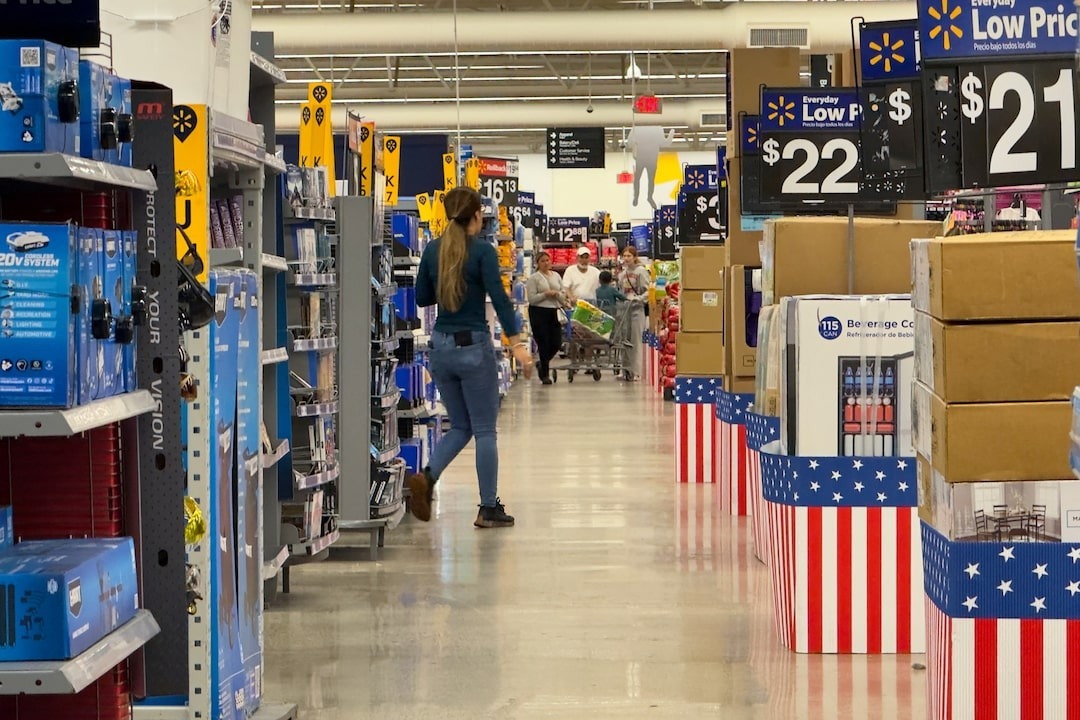Walmart released its financial report for the quarter ending 31/7/2025 on 21/8. The company reported revenue of $177.4 billion, exceeding forecasts from financial services firm LSEG. Net profit reached $7 billion, up from $4.5 billion the previous year.
Consumer confidence in the US has recently weakened due to concerns that import tariffs will accelerate inflation. This has impacted many retailers. However, Walmart's business remains stable. Sales at stores open for at least one year in the US increased by 4.6% compared to the same period last year. Market share across all customer segments also increased, particularly among upper-middle-income households.
Walmart's resilience is partly due to prior stockpiling. However, Walmart CEO Doug McMillon noted that as these products sell out, subsequent shipments will be more expensive. "As we replenish with inventory purchased at the tariff-impacted cost, that will flow through in the weeks ahead," he said.
McMillon cautioned that tariffs are creating pressure on the company. However, Walmart remains committed to keeping prices low "for as long as possible".
 |
Inside a Walmart supermarket in Oceanside, California. Photo: Reuters |
Inside a Walmart supermarket in Oceanside, California. Photo: Reuters
McMillon believes that the impact of tariffs has been gradual, so consumer habits haven't changed significantly. However, he revealed that some low- and middle-income households have stopped buying non-essential goods due to rising prices.
In May, Walmart warned that it might have to increase product prices to offset the costs arising from new import tariffs because "retail margins are thin". This statement drew criticism from former US President Donald Trump.
"Walmart should stop blaming tariffs for increased prices throughout their supply chain. Last year they made billions of dollars more than anticipated," Trump wrote on Truth Social on 17/5. He argued that Walmart should "absorb the cost of tariffs" and "not add any to customers".
According to an S&P Global survey released on 21/8, input costs for businesses in July reached a three-month high. The main reason was import tariffs. Prices for products and services also reached a three-year high as companies passed the tax burden onto consumers. This week, retail chain Target also warned of cost pressures from tariffs.
Neil Saunders, an analyst at GlobalData Retail, commented: "Value is king. That is the main message from Walmart. The current consumer and macro trends still favor them".
Walmart also benefited from its strengthened online sales strategy, as more customers prefer home delivery. The company's global e-commerce revenue increased by 25% in Quarter II. Walmart stated that one-third of orders are delivered within three hours.
Despite this, Walmart's stock price fell by 3% in after-hours trading, as profits were lower than analysts' forecasts. Since the beginning of the year, the stock has risen by 36%.
Ha Thu (according to Reuters, CNBC)












